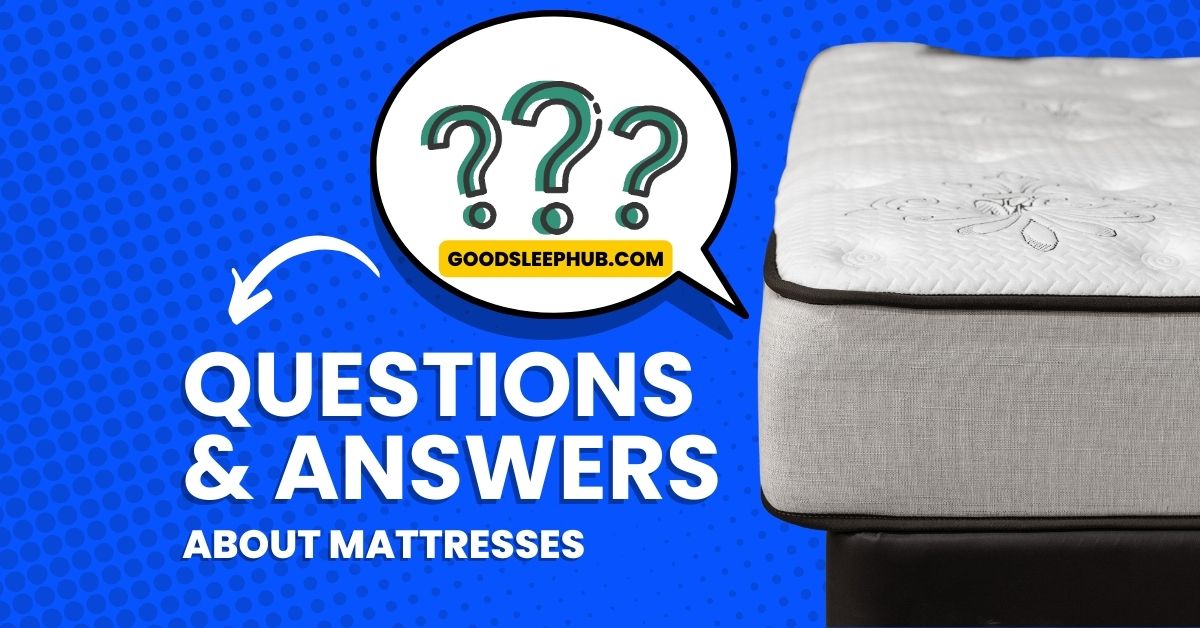
Cutting up a foam mattress for disposal is a practical approach to manage the sizable item, especially when it needs to fit into smaller trash receptacles or for recycling purposes. In a brief summary, you will need to gather some basic tools like sharp utility knives, straight edges or a square, and possibly a saw. The actual process involves measuring and marking your cut lines, then using the knife to slice through the foam. If you have a thicker mattress or one with different layers of material, a saw might be necessary to cut through the denser sections. It’s also wise to check with local waste management rules to make sure your cut-up mattress can be disposed of appropriately. Now, let’s delve into the specifics of how you can achieve this task effectively and safely.
Preparation and Safety
Before you start cutting your foam mattress, it’s crucial to prepare both your working area and adhere strictly to safety precautions.
Gather Your Tools
To ensure a smooth cutting process, you’ll require the following items:
– A large, sharp utility knife or a heavy-duty scissors for foam layers
– A saw, such as an electric carving knife or handsaw, for denser foam or springs
– A straight edge or a square to guide your cuts
– A measuring tape to measure and mark cut lines
– Protective gloves to safeguard your hands
– Goggles to protect your eyes from any debris
Clear a Workspace
Select a spacious, well-ventilated area where you can lay the mattress flat and have room to maneuver around it. Preferably, this should be a space that you don’t mind getting a little messy, like a garage or outdoor area.
Wear Appropriate Safety Gear
Before making any cuts, be sure to put on your protective gloves and goggles. This will minimize the risk of cuts to your hands and protect your eyes from small foam particles.
Step-by-Step Cutting Process
Now that you’re all geared up, follow this step-by-step guide to accurately and efficiently cut your foam mattress.
Measure and Mark Your Mattress
With the measuring tape, determine the best places to cut your mattress so that the pieces will fit into your disposal container. For most residential disposal, cutting the mattress into smaller squares or rectangles will work best. Mark these lines on the mattress using a marker or chalk, being as precise as possible.
Cutting the Foam
Using your straight edge or square as a guide, start cutting along the marked lines. A sharp utility knife should easily cut through foam material, but you may need to run the blade through a few times to completely cut through thicker sections. If your mattress has a cover, remove it or slice through it as you cut the foam.
Dealing with High-Density Foam or Springs
If your mattress has high-density memory foam or if it’s a hybrid with springs and foam, a utility knife may not suffice. An electric carving knife or saw may be needed for these tougher sections. This is where extreme caution is necessary. Take your time, and ensure your fingers and other body parts remain clear of the cutting path.
Breaking Down the Core or Base Layer
For mattresses with a rigid base layer or a foam core, sawing into more manageable chunks might be necessary. Once the upper foam layers are removed or sliced through, focus on the base using your saw, carefully following the pre-marked lines.
Separating Layers
In some cases, the foam mattress will be composed of multiple layers of different foam types glued together. You can attempt to separate these layers before cutting to make the process easier, although this is not always possible or necessary.
Considerations for Disposal
After cutting the mattress into appropriate pieces, you should think about the disposal methods available in your area.
Check Local Disposal Regulations
Before you begin, check with your local waste management services to understand the regulations regarding mattress disposal. Some areas have specific rules about how to dispose of mattress materials or may offer recycling services.
Recycling Options
Investigate if there are any foam recycling facilities or furniture donation centers that accept old mattresses in your area. These centers might recycle the foam for carpet underlay, pet bedding, or various other uses, thus keeping it out of the landfill.
Trash Disposal
If recycling is not an option, ensure that the foam pieces are securely bagged and sealed before placing them in your trash receptacle to prevent them from being scattered by the wind or animals.
Top 5 Mattresses Recommended By GoodSleepHub.com
PayLessHere Twin Size Mattress,6 Inch Gel Memory Foam Mattress in a Box,Medium-Firm,Pressure Relief&Temperature Regulation,Certi...
23% Off (as of May 18, 2024 11:57 GMT +00:00 - More infoProduct prices and availability are accurate as of the date/time indicated and are subject to change. Any price and availability information displayed on [relevant Amazon Site(s), as applicable] at the time of purchase will apply to the purchase of this product.)ZINUS 12 Inch Cloud Memory Foam Mattress, Fiberglass Free, Pressure Relieving, Bed-in-a-Box, CertiPUR-US Certified, Queen, White
27% Off (as of May 18, 2024 11:55 GMT +00:00 - More infoProduct prices and availability are accurate as of the date/time indicated and are subject to change. Any price and availability information displayed on [relevant Amazon Site(s), as applicable] at the time of purchase will apply to the purchase of this product.)Mubulily Queen Mattress,10 Inch Hybrid Mattress in a Box with Gel Memory Foam Mattress,Individually Wrapped Pocket Coils Innersp...
(as of May 18, 2024 12:03 GMT +00:00 - More infoProduct prices and availability are accurate as of the date/time indicated and are subject to change. Any price and availability information displayed on [relevant Amazon Site(s), as applicable] at the time of purchase will apply to the purchase of this product.)ZINUS 6 Inch Cooling Essential Memory Foam Mattress [New Version], Twin, Fiberglass Free, Medium Feel, Cooling Airflow Memory Fo...
(as of May 18, 2024 11:57 GMT +00:00 - More infoProduct prices and availability are accurate as of the date/time indicated and are subject to change. Any price and availability information displayed on [relevant Amazon Site(s), as applicable] at the time of purchase will apply to the purchase of this product.)NapQueen 8 Inch Innerspring Twin Size Medium Firm Memory Foam Mattress, Bed in a Box, White
29% Off (as of May 18, 2024 11:59 GMT +00:00 - More infoProduct prices and availability are accurate as of the date/time indicated and are subject to change. Any price and availability information displayed on [relevant Amazon Site(s), as applicable] at the time of purchase will apply to the purchase of this product.)Finishing Thoughts
When cutting up a foam mattress for disposal, the key objectives are to work safely and respect the environment. Ensure that you’re well-prepared with the right tools and safety gear, and always cut with precision and care to avoid injury or damage to your equipment. Stay informed about the best disposal practices in your community, considering recycling when available. Properly disposing of your mattress not only helps with waste management but also contributes to the sustainability efforts of reducing landfill waste. With the right approach and a bit of effort, you can efficiently handle this task and rest easy knowing you’ve done so responsibly.








